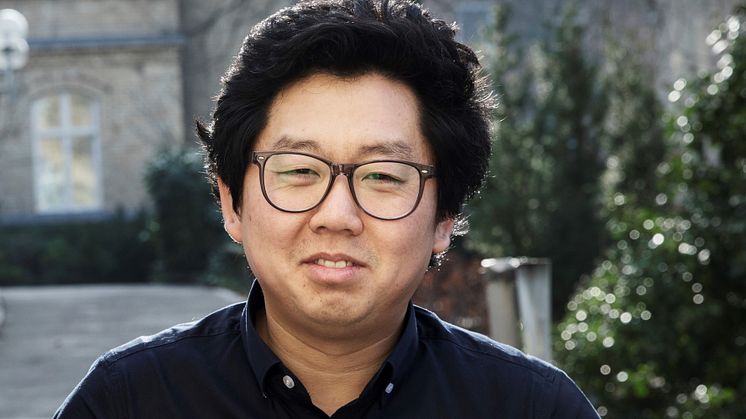
Blogginlägg -
Understanding of social norms to increase quality in political reform - reflections from Local Democracy Academy 2020
How can political will or social norms be used to combat corruption? To what extent can inclusion, transparency, and accountability be used to improve politics and local governance? In what ways can we develop notions on public procurement to provide better services to local communities?
These are some of the questions that were addressed and discussed in a list of papers under the guidance of Professor James Manor in one of the thematic sessions during ICLD's Local Democracy Academy 14-18 December.
As a participant, it is striking to experience the engagement among the participants in this year’s digital edition of the forum. One question that should be raised is, how can this engagement be leveraged and developed in those local communities and national forums, that the research is devoted to. Most importantly, how can we as scholarly researchers engage citizens and talk with them rather than about them?
To proceed and succeed, we could take a look into the toolbox of communications and find ways to target different groups with appropriate communication channels. We might come to different conclusions based on the same concepts. What could be an informative web portal in one context, might lack sufficiency in another context with little, or no, access to the internet. An information leaflet might need to be tailored to fit a target group with a low literacy rate. While we are doing this, we should bring in-depth knowledge regarding social norms that were presented and shared during the session on governing with integrity and transparency. If so, we could contribute to adjusting dysfunctional norms to enhance and ensure good quality in political reforms and public services.
During the LDA the potentials of sharing ideas and policy recommendations across borders have unfolded. Despite differences and variations in political systems and governance structures, a lot of ideas, notions, and concepts are useable to recycle, unfold, and unpack in other geographical and demographical contexts. The many strengths of interdisciplinary and cross-border dialogues on policies concerning local democracy have been expressed and confirmed.
/ Andreas Mattsson
About Andreas
Andreas Mattsson is a Ph.D. student at the Faculty of Social Sciences at the University of Helsinki. He is also a lecturer and program director at the School of Journalism at the Department of Communication and Media, Lund University, Sweden. As a Research Assistant, he has worked in the ICLD-funded research project "The Role of Social Norms in Fighting Corruption in Local Governments" led by project leader Måns Svensson, Lund University. At Local Democracy Academy 2020, he shared some of the project results and findings in one of the thematic sessions.Contact: andreas.mattsson@helsinki.fi
